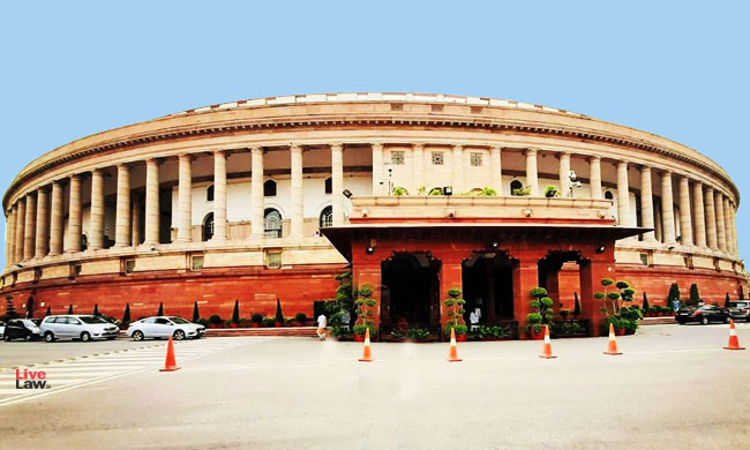- Home
- /
- Top Stories
- /
- Highlights Of Parliament: Monsoon...
Highlights Of Parliament: Monsoon Session 2020
Akshita Saxena
2 Oct 2020 6:07 PM IST
The Monsoon Session of the Parliament concluded on September 23, 2020 after both the houses adjourned sine die, a week ahead of their schedule, due to the Covid-19 pandemic. The session began on September 14, 2020 and was scheduled to end on October 1, 2020. However, it was cut short as several MPs tested Covid positive. During the session, both Houses made arrangements for MPs to...
Next Story



